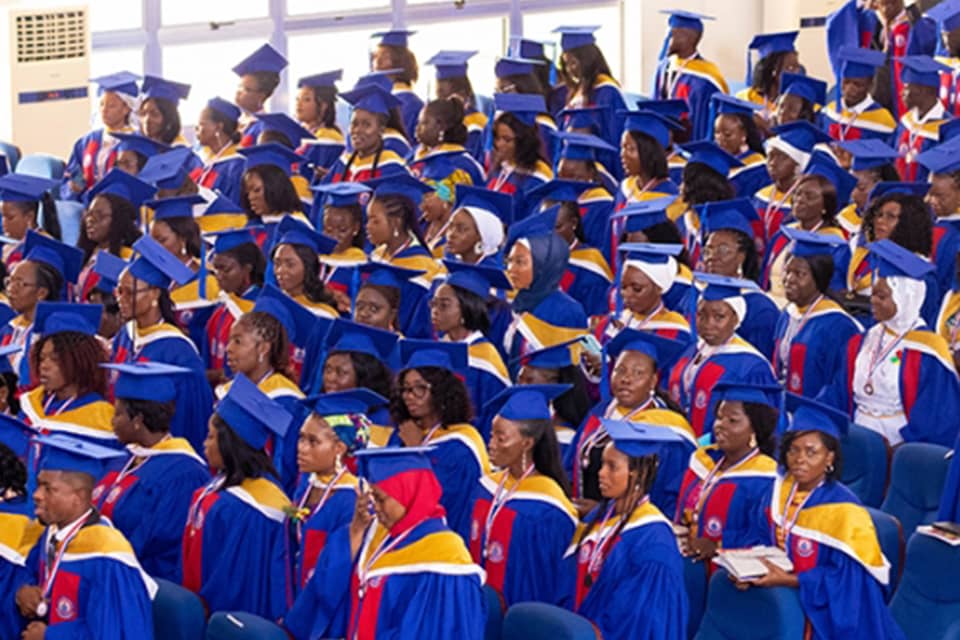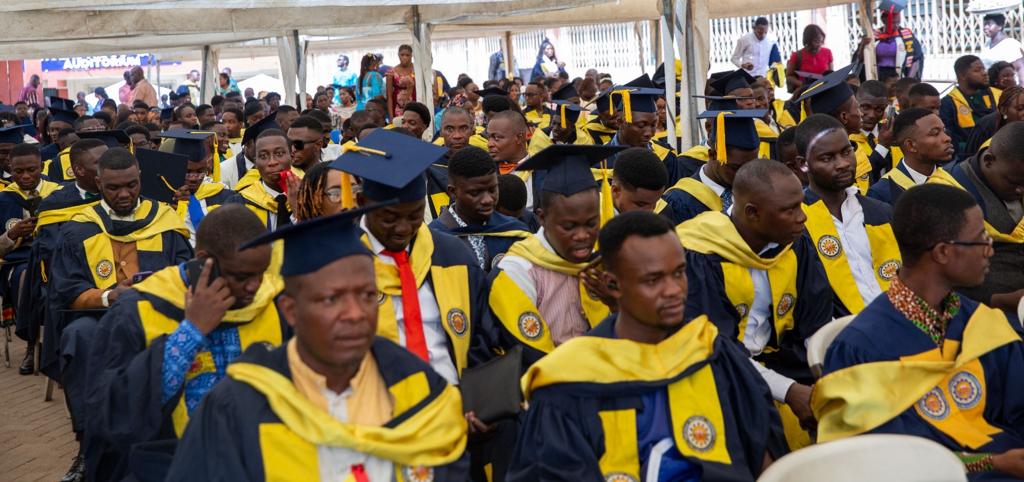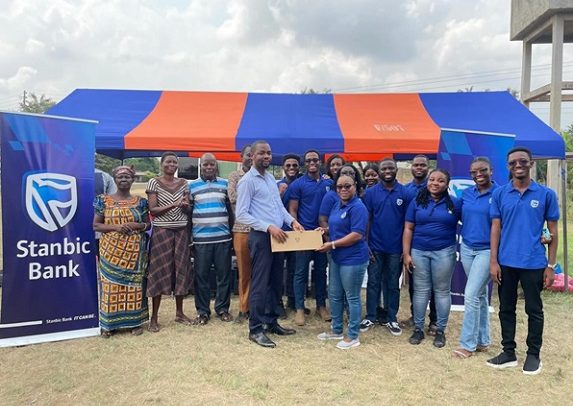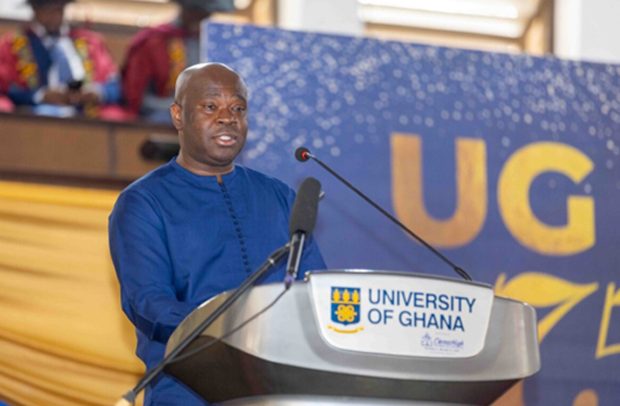
About 438 students of the Weija/Gbawe and Ga South Non-Formal Education Division (NFED) in Accra have graduated after completing a nine-month course in Basic Reading and English Writing, Numeracy and some local languages.
The graduands, who were enrolled on the non formal literacy education, were the batches 6 and 7 English classes and Batches 20 and 21 local language classes.
Prizes were also awarded to learners who excelled in their respective programme.
Underscoring the need for quality non-formal education, Victor Ahianu, Municipal Coordinator of the Weija/Gbewa and Ga South NFED said quality human resources was critical as the nation develops.
He added that countries with large illiterate population were often confronted with developmental challenges.
Mr. Ahianu stated that the government through a series of educational system reforms established the NFED in 1987 in order to bridge the gap between the literate and non-literate in the society for a sustainable development.
He explained that the NFED was to co-ordinate non-formal activities and offer quality and equitable learning opportunities for youth and adults outside formal education and functional literacy.
He said the NFED also sensitises learners on the harmful effects of street littering and other social responsibilities.
He commended the Weija/Gbawe Municipal Assembly for the enormous support it continues to provide to the NFED in the dispatch of its duties.
So far, Mr. Ahianu hinted that the division has recruited and equipped hundreds of learners with basic skills in writing, reading and numeracy in English, Ga, Twi, Hausa among others.
Recounting some of its achievements, he said the NFED Weija/Gbawe, then Ga South, during the national literacy day celebration in 2011, won the best learner award for the municipality in the inter districts quiz competition.
Mr. Ahianu, however, appealed to the government, municipal assembly and all stakeholders to help equip the office with logistics including motorcycles and vehicles to enable staff embark on effective supervision of classes within the municipality.
Read Full Story











Facebook
Twitter
Pinterest
Instagram
Google+
YouTube
LinkedIn
RSS